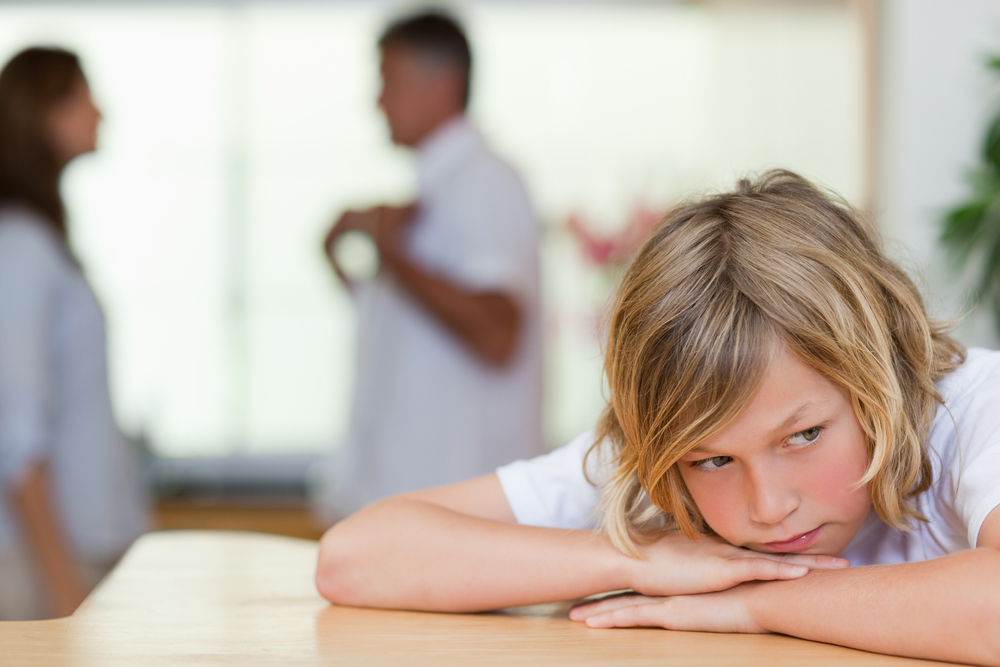
Who Gets The Children?
It is a long standing misconception in matters relating to children, that the mother will automatically get full ‘parental responsibility’ (e.g. custody of the children).
This is not entirely correct.
Parental Responsibility
Part VII of the Family Law Act entitled ‘Children’ sets out a number of ‘objects’ which are to ensure the best interests of the child are met. These objects include:
- Ensuring that the children have the benefit of both their parents having a meaningful involvement in their lives to the maximum extent consistent with the best interests of the child; and
- Protecting children from physical or psychological harm by being subject to or exposed to abuse, neglect and/or family violence; and
- Ensuring that children receive adequate and proper parenting to help them achieve their full potential; and
- Ensuring that parents fulfill their duties and meet their responsibilities concerning the core welfare and development of the children.
The principles underlying those objects are described in the Family Law Act as:
- Children have the right to know and be cared for by both parents, regardless of whether their parents are married, separated, have never been married or have never lived together; and
- Children have a right to spend time on a regular basis and communicate on a regular basis with both their parents and other people significant to their care, welfare and development (such as grandparents and other relatives); and
- Parents jointly share duties and responsibilities concerning the care, welfare and development of their children; and
- Parents should agree about the future parenting of their child together; and
- Children have a right to enjoy their culture (including the right to enjoy that culture with other people who share that culture).
Whilst there is a presumption under the Family Law Act that parents have equal shared parental responsibility, this presumption does not apply when there are reasonable grounds to believe that a parent or a person who lives with a parent has engaged in the abuse of the child or another child who at the time was a member of the parent’s family, or family violence.
There are many cases in favour of shared responsibility and rulings against the presumption of shared responsibility. For a more detailed analysis of your circumstances, please contact our office.
Who does the child live with?
The Family Law Act requires the Court to consider the practicality of the child spending equal time with each of the parents. If it is consistent with the best interests of the child and not impractical, the Court must consider making an Order for equal time.
If the Court does not make an Order for equal time, it must consider whether making an Order for the child to spend substantial and significant time with one parent over the other would be in the best interests of the child.
The conventional view that young children (under the age of 3) should have frequent but not overnight time with the other parent (usually the father) is not correct in the eyes of Federal Magistrate Alto Belli. His view is that young children form multiple attachments which should be maintained by including overnight time with each parent, even during infancy.
Of course, any decision relating to the children comes down to, firstly, what the parents can agree to. Agreeing to Parental Orders without the need to attend the Federal Circuit Court reduces costs, stress and saves the parties valuable time which can be concentrated on raising a child.
For all family law matters relating to children and to assist you in your current situation, please do not hesitate to contact ABKJ Lawyers.

